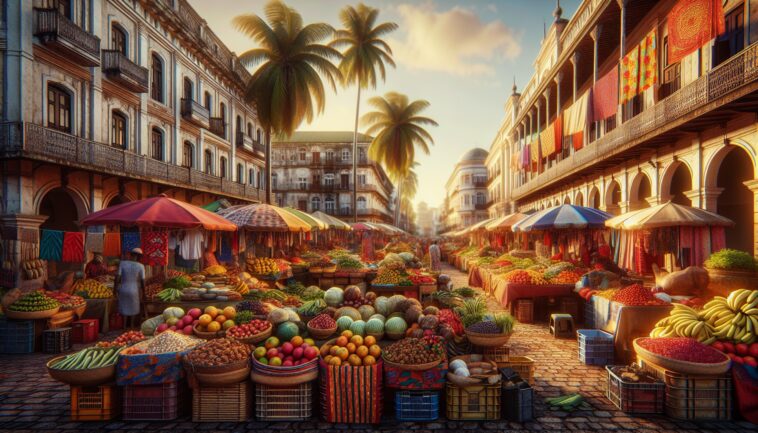Table of Contents
The potential for an African pope: A new era for the Catholic Church
In recent years, the Catholic Church has witnessed a remarkable transformation, particularly in Africa, where the number of Catholics is soaring. With over 265 million Catholics today, Africa is home to the fastest-growing segment of the Church.
This surge raises an intriguing question: could the next pope come from Africa? As the world watches, the potential for an African leader of the Catholic Church is not just a possibility; it’s a conversation that’s gaining momentum.
Christianity’s growth in Africa
The Vatican recently reported that in 2023 alone, more than 7 million Africans joined the Catholic faith. This growth is not merely numerical; it reflects a deep-rooted commitment to faith in the face of adversity. Many African Christians continue to practice their beliefs despite facing persecution and violence.
In countries like the Democratic Republic of Congo and Nigeria, where Christians have suffered horrific attacks, the resilience of the faithful is a testament to their dedication. The Church’s expansion in Africa is a powerful narrative that could influence the selection of the next pope.
Leading candidates for the papacy
As discussions about an African pope intensify, three prominent candidates emerge: Cardinal Fridolin Ambongo Besungu from the Democratic Republic of Congo, Cardinal Peter Kodwo Appiah Turkson from Ghana, and Cardinal Robert Sarah from Guinea. Each candidate brings unique perspectives and experiences to the table.
Cardinal Ambongo, known for his vocal opposition to dictatorial regimes, represents a voice for the oppressed. Cardinal Turkson, who has served in various capacities within the Vatican, is respected for his diplomatic skills and theological insights. Meanwhile, Cardinal Sarah, despite his age, has a significant following and a wealth of experience.
The implications of an African pope
The election of an African pope would not only symbolize a shift in leadership but also reflect the changing demographics of the Catholic Church. An African leader could bridge the gap between conservative and progressive factions within the Church, fostering unity among cardinals with diverse ideologies. Moreover, such a move would resonate with millions of Catholics in Africa, offering them representation at the highest levels of the Church. As the Church navigates contemporary issues, an African pope could bring fresh perspectives and solutions to challenges faced by the global Catholic community.
In conclusion, the potential for an African pope is more than just a topic of speculation; it’s a reflection of the Church’s evolution in a rapidly changing world. As Africa continues to grow as a center of Catholicism, the possibility of an African leader guiding the Church into the future is both exciting and necessary. The next conclave could very well mark a historic moment in the Church’s journey, one that acknowledges the strength and resilience of the African faithful.



